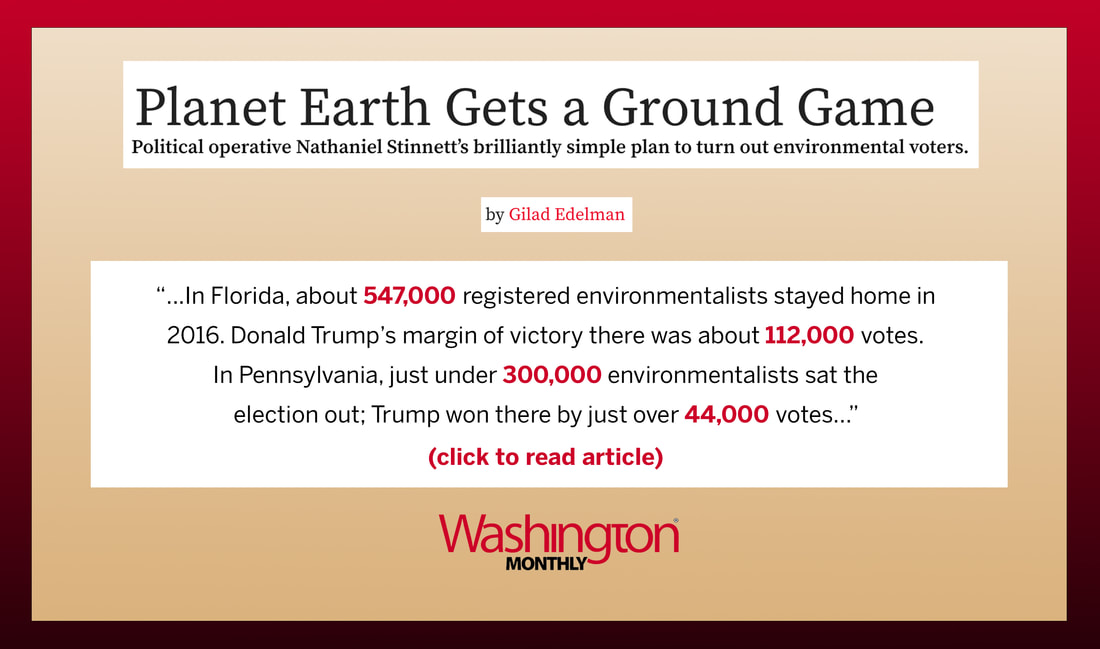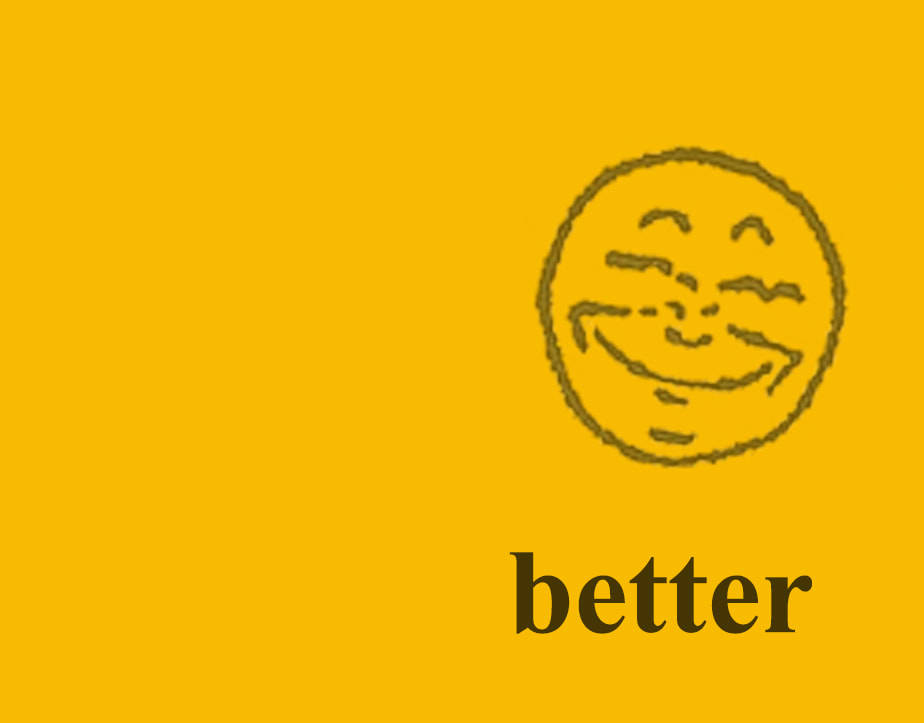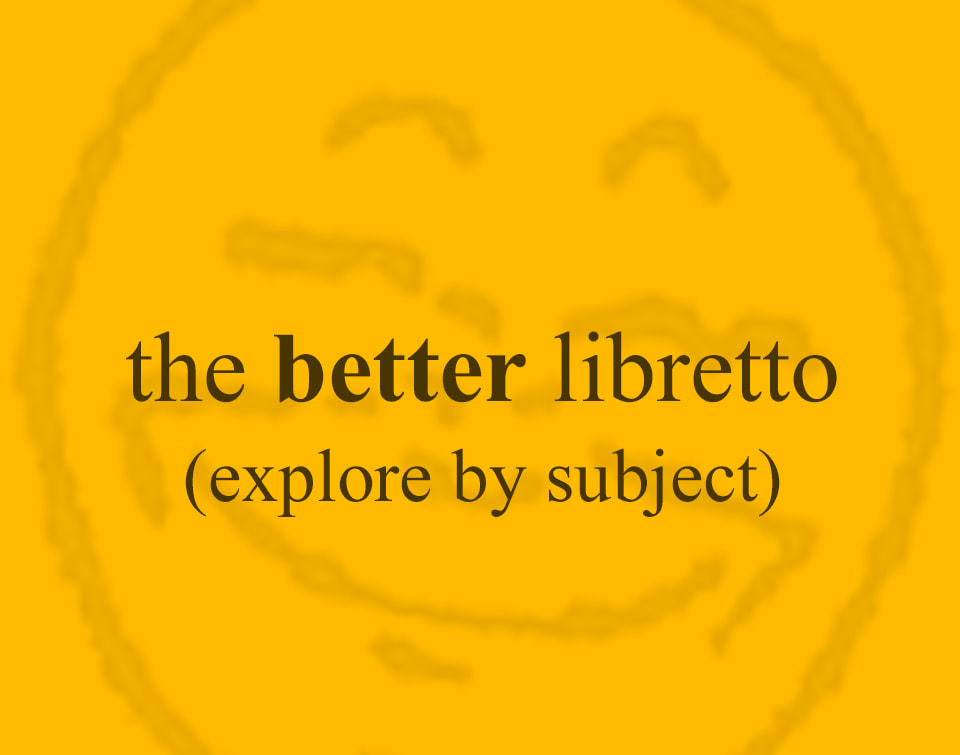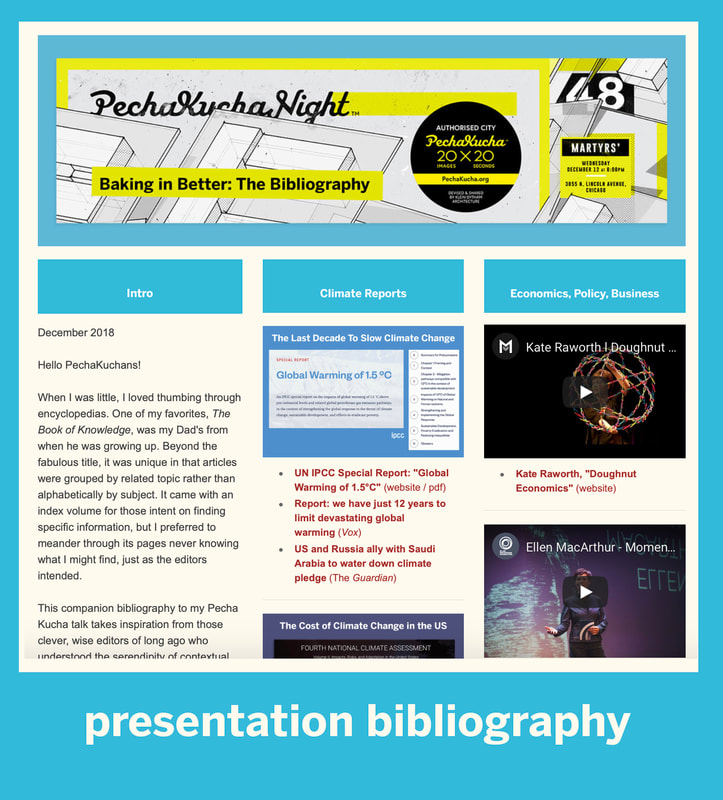"Who you vote for is secret, but whether you vote or not is public information," notes Nathanial Stinnett, a veteran campaign strategist and founder and executive director of the Environmental Voter Project (EVP). "There actually is a silent majority of environmentalists out there." According to a recent EVP study, nearly 16 million environmentalists skipped voting during the 2014 mid-terms. Quite literally, the 2018 elections are ours to lose.
Once you get past the shock and indignation, the non-voters represent a giant opportunity, according to Stinnett. For the last three years EVP has methodically tested various ways to get registered non-voters to the polls. The early results are promising in terms of swinging tight elections, but Swinnett is playing a long game. The act of voting itself—it doesn't matter for whom—tells campaigns that you are worth their effort, he explains. There is simply no point to spend money on habitual non-voters.
Voting starts a virtuous feedback loop. Noting that you voted (public records), campaigns send out information for the next election cycle. These constant reminders to vote actually work, flipping registered-but-occasional voters into reliably regular voters.
"Our political life is besieged by anti-democratic distortions—big money, gerrymandering, nihilistically partisan right-wing media—that threaten to swallow the system whole. But they haven’t yet, quite. On climate change, as with so many other issues that bedevil us, votes are still the most powerful weapon we’ve got," writes Washington Monthly journalist Gilad Edelman.
So let's vote.
RELATED:
• 2017 Impact Report | Environmental Voter Project
• 'Wag the Dog' Director Barry Levinson Sees Those Trump-Era Comparisons (Q&A) | Hollywood Reporter














